Iran advisor denies reports about direct, secret talks with US
An advisor to the Iranian negotiating team has rejected reports about direct talks between Iran and the United States but confirmed "indirect" bilateral negotiations through parties including Oman and the United Nations.
"The two parties do not sit together [for talks] in one room," Mohammad Marandi said in a televised interview on Monday.
He emphasized that the talks between Tehran and Washington have so far included issues pertaining to the swap of prisoners and the release of Iran's assets which have been frozen and seized by the US following the re-imposition of its sanctions.
Earlier in the day, Iranian Foreign Ministry spokesman Nasser Kan'ani confirmed the exchange of messages between Iran and the US through the mediation of Oman with the aim of activating the sanctions removal talks.
Multilateral diplomatic efforts to revive the 2015 Iran nuclear agreement, officially known as the Joint Comprehensive Plan of Action (JCPOA), have been stalled since last August, with Iran blaming the United States for failing to guarantee that it will not leave the deal again.
Former US president Donald Trump pulled out of the UN-endorsed agreement in May 2018 and imposed what he called "maximum pressure" sanctions against Iran.
The advisor's remarks came a day after Leader of the Islamic Revolution Ayatollah Seyyed Ali Khamenei said there is nothing wrong with reaching a deal if Iran’s nuclear infrastructure remains untouched.
Ayatollah Khamenei, however, made clear that Iran does not trust the West, which has “reneged on its promises many times and has proven to be untrustworthy.”
Israel mounts West Bank raids amid ‘Gazafication’ project
Trump revokes security clearance of Biden aides in sweeping vendetta
Trump’s trade war against China to make US more irrelevant on world stage
VIDEO | Press TV's news headlines
VIDEO | Displaced people in Jenin camp facing miseries during Ramadan
VIDEO | Struggling for survival: Water crisis in Gaza intensifies
VIDEO | US-South Korea military drills go ahead despite bombing accident
VIDEO | Gaza war aftermath: Patients at risk as fuel, medical supplies cut


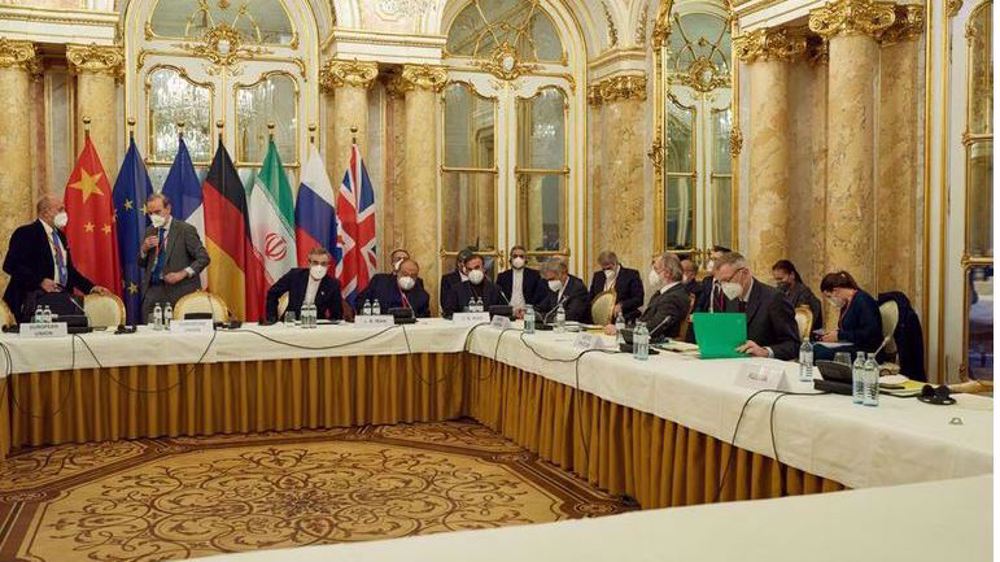
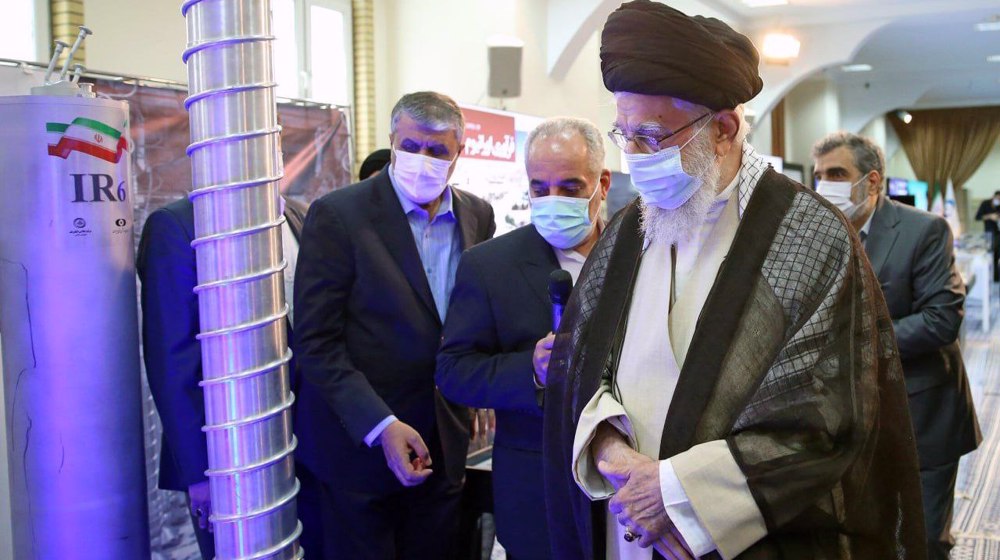
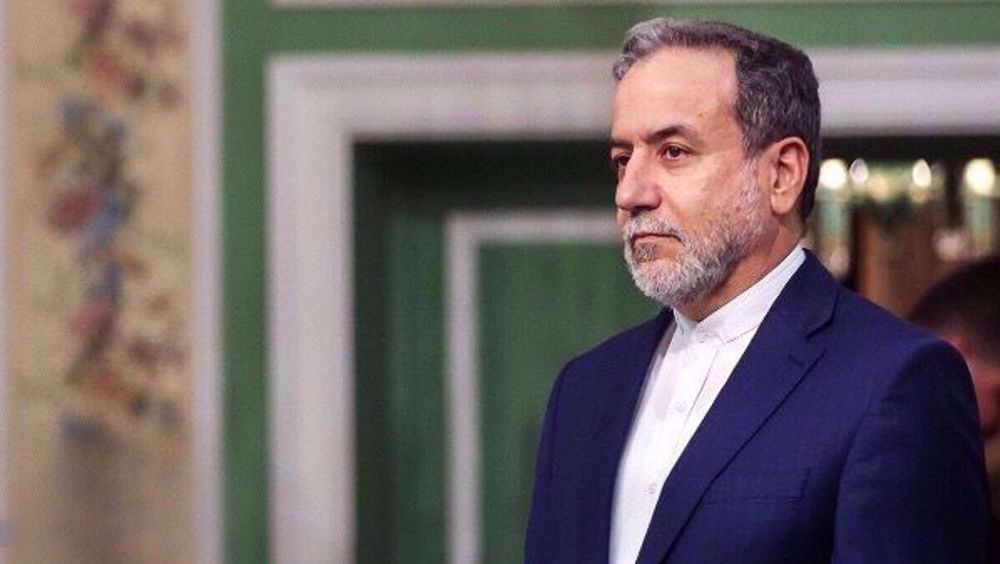
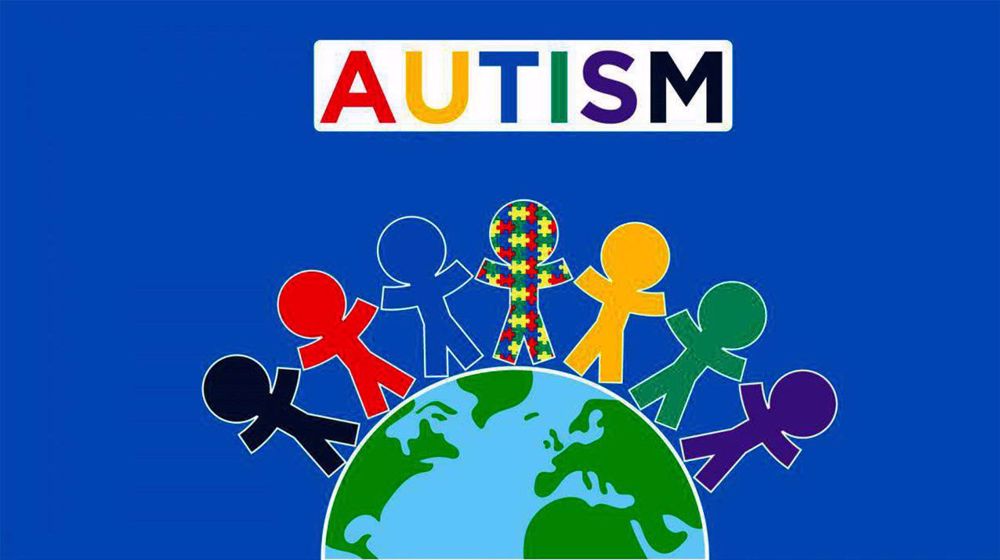
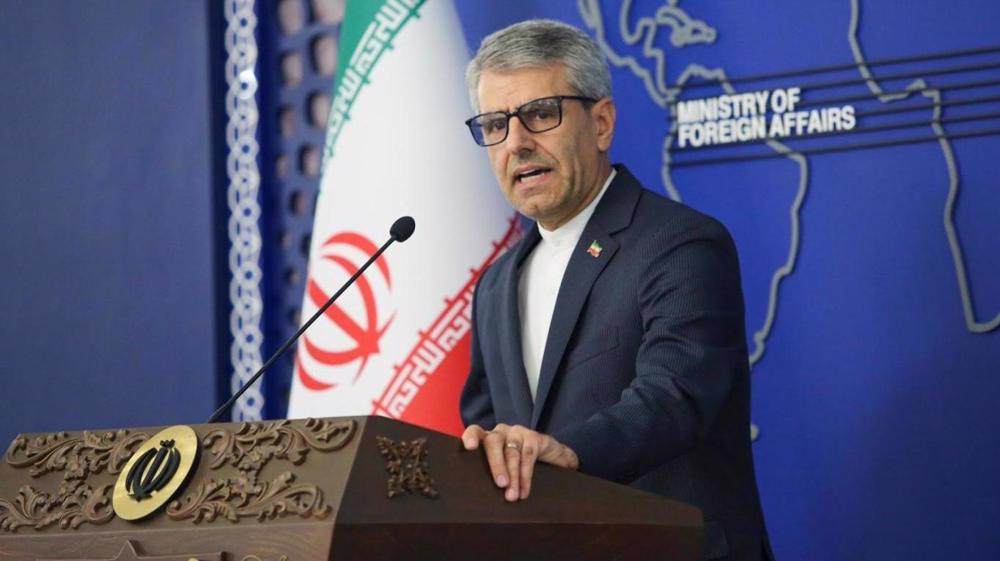



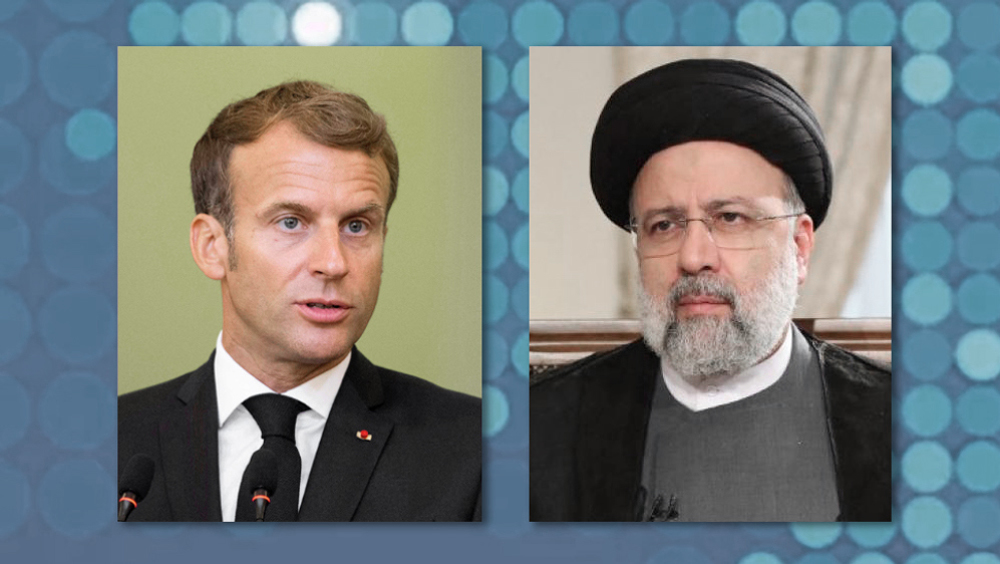
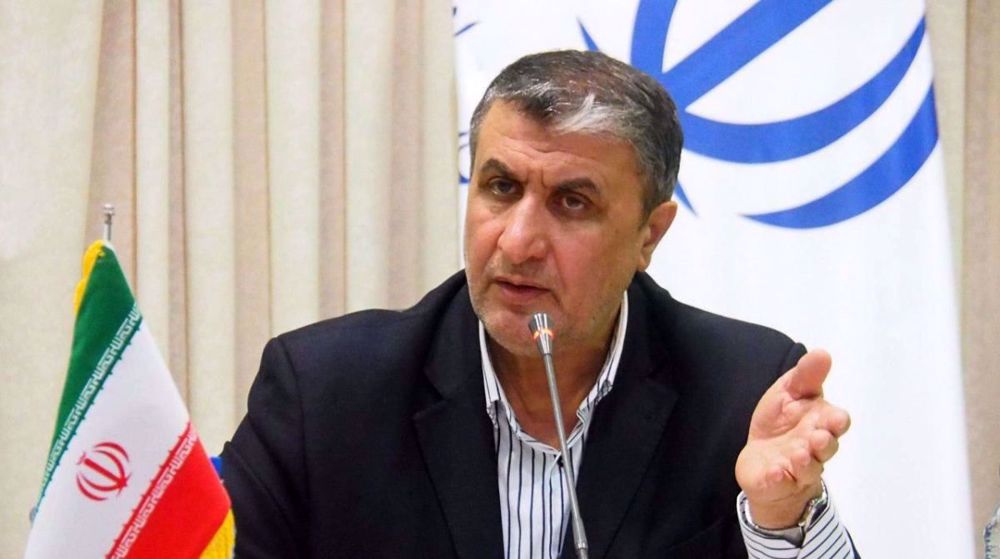

 This makes it easy to access the Press TV website
This makes it easy to access the Press TV website